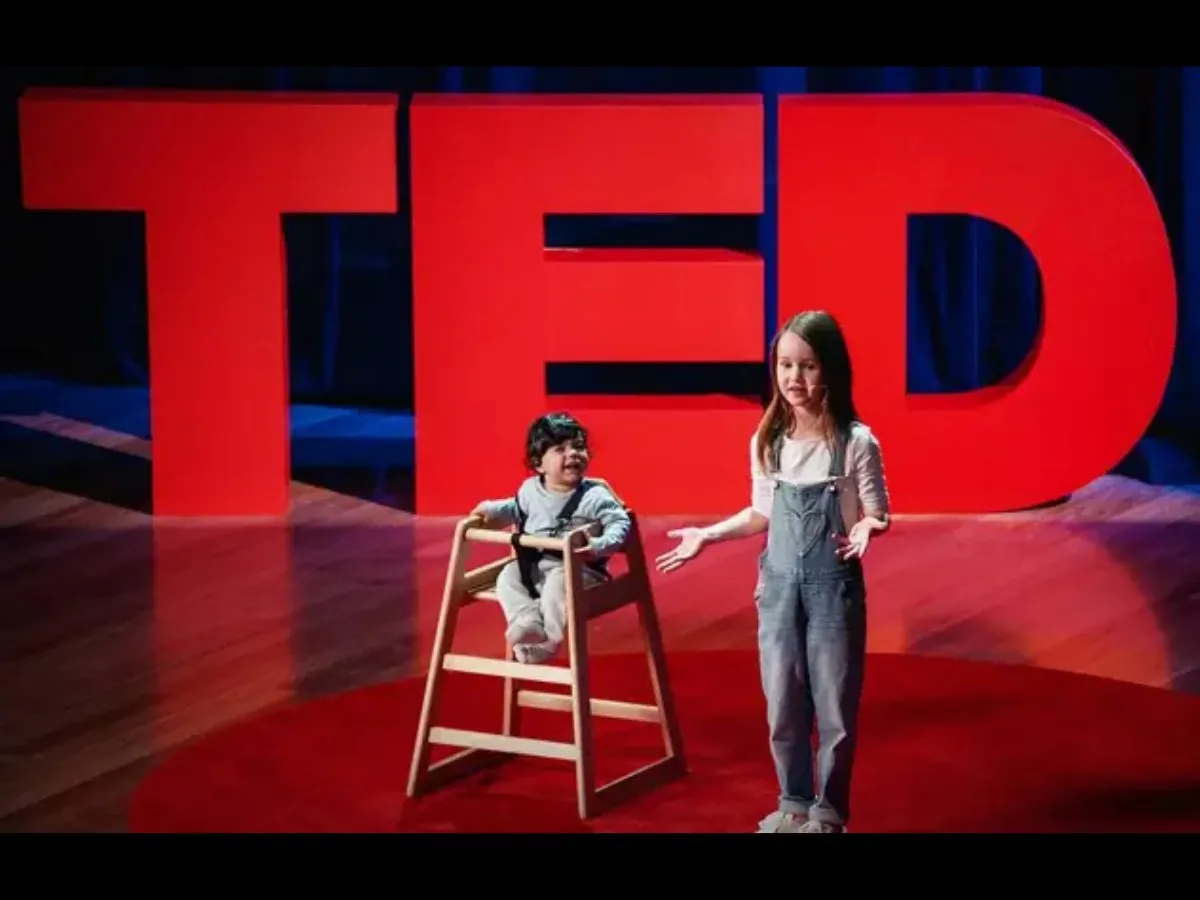Check out this powerful TED talk by seven-year-old Molly Wright, one of the youngest-ever TED speakers. Breaking down the research-backed ways parents and caregivers can support children’s healthy brain development, Molly highlights the benefits of play on lifelong learning, behavior, and well-being, sharing effective strategies to help all kids thrive by the age of five.
My question for you this week is, “At what age does play stop being healthy for your learning, well-being, and your mental and physical health?”
Play of any kind builds connections, creativity, confidence, and physical and mental conditioning!
- Play can help reduce stress and improve overall well-being. When adults engage in play, they can experience a sense of joy, happiness, and relaxation, which can help reduce feelings of stress and anxiety.
- Play can boost creativity and problem-solving skills. When we play, we often have to think on our feet and come up with creative solutions to challenges. This can help improve our problem-solving skills and increase our creativity.
- Play can improve relationships and social connections. Engaging in play with others can help strengthen relationships and build new social connections, which can be beneficial for our mental health and overall well-being.
- Play can promote physical health and fitness. Many forms of play, such as sports and outdoor activities, can provide an opportunity for physical exercise and can help improve physical health and fitness.
- Play can improve cognitive function and brain health. Some studies have shown that engaging in play, especially activities that challenge the brain, can help improve cognitive function and may have potential benefits for brain health.
Now imagine, what if everyone, everywhere played more than they worked, more than they tuned out with streaming or social media, and played more with others than they spent time alone?
What do you think? Can play change the world?
If you are up for giving it a shot, join the Playful Humans community!



